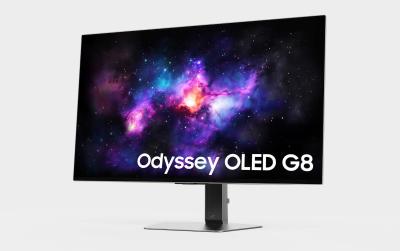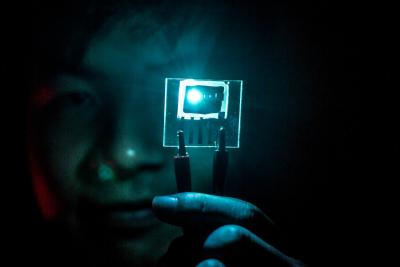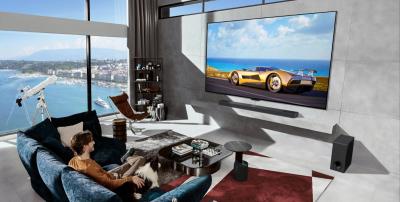Samsung Display reports increased demand for mobile AMOLEDs and gaming monitors in Q2 2024
Samsung Display posted its financial results for Q2 2024, with $5.5 billion in sales and $730 million in operating profit. The company says that its mobile AMOLED unit have seen sales growth, driven by solid demand for flagship products, along with effectively supporting new smartphone launches from key customers (i.e. mostly Apple).










